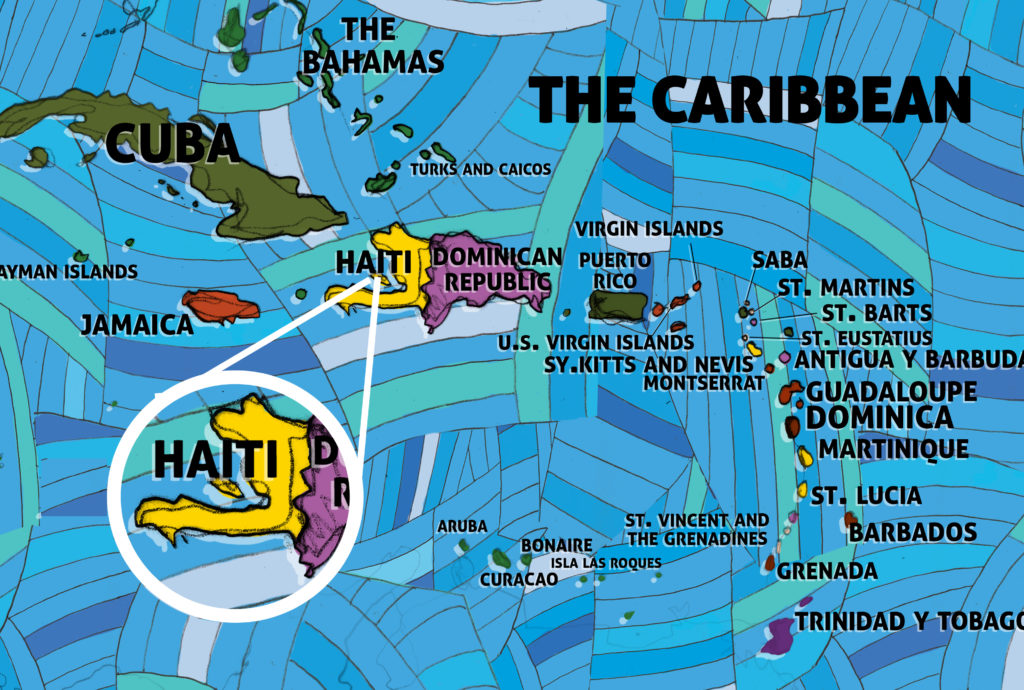Haitian rara music is literally music of the street. And in rara, a vaksen is your friend.
Rara bands wielding drums, maracas and multiple hand percussion instruments take to the streets of Haiti in raucous public processions. These street celebrations are most prevalent during Easter week, but they also pop up during political campaigns to inspire enthusiasm for candidates. The vaksen is a long, cylindrical tube, a rousing, brazen trumpet . Whether you make your vaksen out of bamboo, as is tradition, or metal, or anything else, the most important thing is that your Haitian rara music is exuberant noise. Let the band in this video show you how.


